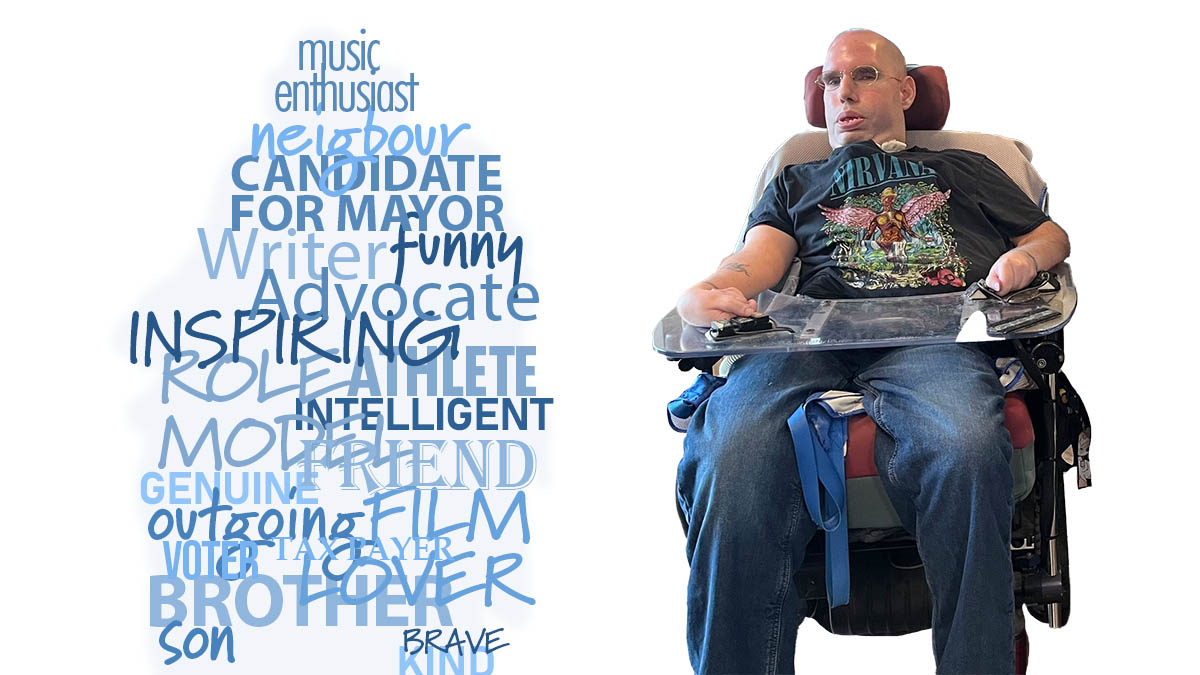
Tips to Enhance the Accessibility of Mental Health Support
May is Mental Health Awareness Month. As someone who has ongoing mental health challenges, I’ve encountered several barriers regarding getting the support I need, including proper medication.
Unfortunately, I encountered a barrier last week. It’s not a new one, but it’s one that no one seems to mention.
Mental Health support for people with disabilities
A week ago, I was scheduled for an over-the-phone consultation.
I filled out their online questionnaire at least two weeks before my appointment. If you have additional details, there’s a space to type them in at the bottom of their page.
I typed in that my physical disability affects my speech, and therefore, Zoom would be easiest for me.
Last Tuesday rolled around, and I got a phone call.
After we said hi, how are you? They immediately told me they couldn’t hear me well. At this point, I put her on speaker to see if that helped.
It didn’t.
During the call, I imagined sounding like Darth Vader stuck in a wind tunnel, and I almost laughed out loud.
The person on the other end said they didn’t read where I mentioned that my physical disability affects my speech.
In other words, it was “breaking news.”
Once they realized it, we rescheduled for this week, and they said we could use Zoom. The nice thing about Zoom is the ability to type. I need to hope the other person has patience and understanding.
This got me thinking:
– What happens if you’re entirely non-verbal and without a computer?
– What happens if you need an ASL interpreter?
– What happens if you’re bedridden, non-verbal and without a computer?
– What happens if you have challenges with both seeing and hearing?
– What happens if the therapist works in a place that isn’t wheelchair accessible?
– What happens if you’re unable to interact with others due to your mental health?
– What happens if you can’t afford the bus fare or if you get anxious when using Para Transpo?
To most people, my questions may sound far-fetched and full of what-ifs. For people with physical disabilities, our concerns are legitimate and further affect our ability to access the proper support and resources we need.
The reason why there’s very little discussion about accessibility, both in mental health and in general, is because it doesn’t affect them.
I’m sure that the lack of money is another factor. Still, the lack of understanding that people with disabilities also struggle with mental health challenges needs to be in the same conversation.
We can have all the fundraisers, galas, and a particular media company ask for money. Still, the reality is few take the time to learn about how mental health affects people with disabilities and how to help us.
I have a few suggestions on ways in which those in the mental health field can offer better support for people with disabilities:
– Zoom should always be an option.
– Hire an ASL interpreter or take the time to learn ASL.
– Home appointments should be an option for those who fit the criteria or your location isn’t wheelchair accessible.
– Better guidelines regarding “sliding scale” pricing structures.
– Ask potential patients/clients what the best form of communication is for them.
– Be patient and understanding, especially if their speech is affected.
– Take the time to read answers to questionnaires.
– If you’re unsure of what we’re saying, ask us. Please don’t just sit & nod. We know.
– Please don’t tell us how to manoeuvre our mobility devices. If your space is too small, that’s on you.
– Please be more understanding about your cancellation policies. Para Transpo is often late or doesn’t show up. If there’s a cancellation fee, send the bill to OC Transpo. While I’m on the subject, some may not even be physically able to get out of bed that day.
– Some of us aren’t able to do yoga or deep breathing. Please don’t assume everyone can.
Those are just eleven suggestions on how, with a bit of understanding, people with disabilities will be able to have better access to mental health services.
Until next week, stay safe and keep on rolling.
Photo: iStock








